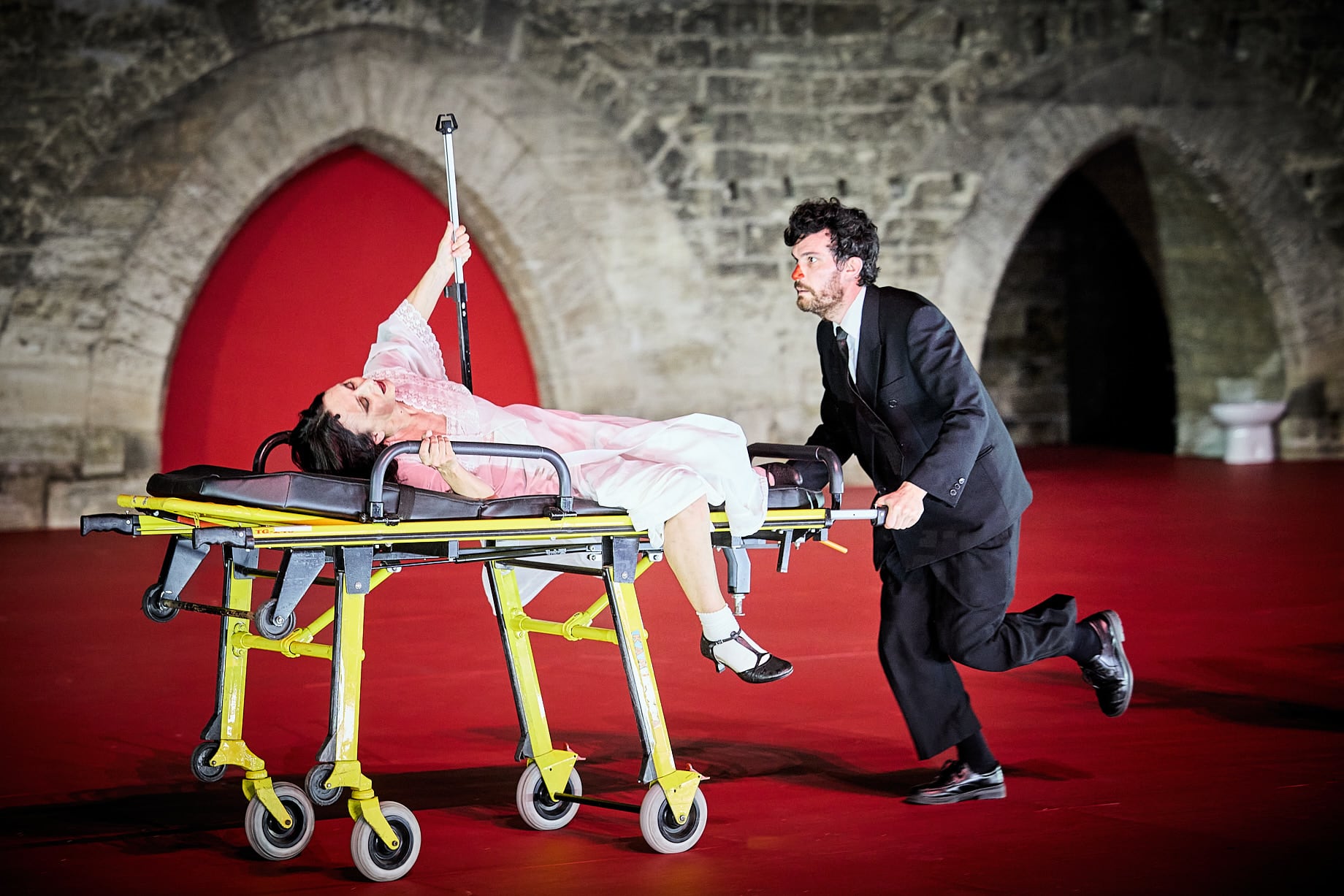On the morning of last Monday the 8th, the day after the victory of the Popular Front in France, I arrived in Avignon. I admit that I had been wanting to write a sentence like the one I just wrote for some time, that “authentic sentence” that Hemingway recommended we put at the beginning of a story if we wanted the narrative to go well.
I arrived in Avignon imagining that I was starring in a sequence similar to the one that opens Lightning over water When Wim Wenders gets out of a taxi that stops in front of Nicholas Ray’s house, his voice-over tells us: “I arrived in New York in the cold dawn of April 8, 1979…”
I had been to Avignon twice before. Once in the summer of 1964, the first time I had ever gone abroad. I spent a whole month of July with other schoolchildren in a Jesuit residence, which I was unable to find when I returned to Avignon eight years ago, and the search for a simple cloister and a chapel ended up being a frustrating event.
Was there a summer of 64? Last Tuesday, during the city’s theatre festival, during my public conversation with the great Laure Adler in the centre of the Saint Louis cloister garden, I realised, with natural and enormous astonishment, that I was in none other than that Jesuit precinct – central to my life – that I had been searching for so long.
So many turns to end up arriving at the very center of the garden of the past. A circle is closing, said Sophie Calle when I told her what I had rediscovered in time and space. We were both in another circle at that moment, the one that had formed around Angélica Liddell, who had just given a statement at the police station for a complaint of “public insults” after her intense, harsh, imposing performance, in front of the Palace of the Popes, of the play Damon. Bergman’s funeral (in Barcelona, in the Lliure, from the 19th to the 21st of this month).
And I thought I saw that the current Sophie Calle, admirer of Liddell’s “new dramatic writing” – so visible in Voodoo (The Broken Nail, 2024)–, fits more and more into the conception bergmaniana of Art, which is what it demands of this free, shameless and irresponsible being. It fits, yes, if only because it is astonishing to see Sophie laughing for days on end at everything that happens, at everything she passes, hears, or sees, just as it is astonishing that she plans to bring together in an exhibition the 42 artistic projects that she started, but never finished.
I remember that for María Negroni, wonder “connects us with happy discoveries, the only ones that count.” And I also remember that I always said that many of my trips begin when I return, when I start reading about the place where I have been and discover that I have not seen anything. In the case of these whole days in Avignon, I have not seen much, but there have been “happy discoveries,” all those wonders before the strength of Liddell, or before the fast new world of Sophie Calle, artists whom I went to see in Avignon and I saw them, but who have left me astonished by how much of them I still have to see.

